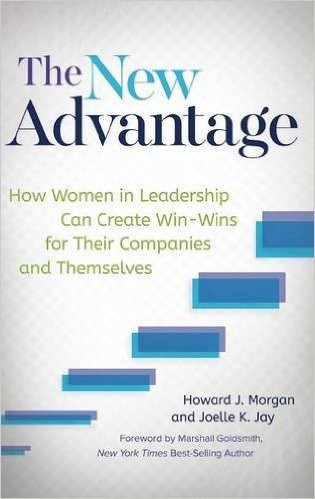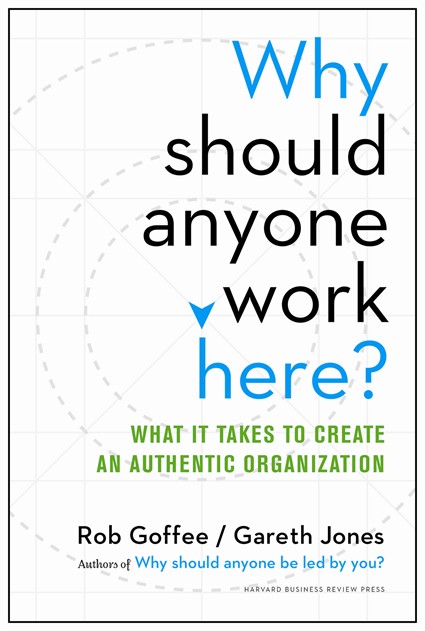Overcoming Opposition
I’m regularly flummoxed when I hear people question climate change, or when folks actually believe that people of color are ‘different’ and worthy of being insulted, underpaid, ignored. What’s up with Congress and why can’t that many smart people find grounds for compromise? And why do women still only earn a fraction of what men earn? Are we not smart enough? Worthy?
With our unique, subjective stances, we attempt to change the opinions of others to concur with us: Liberals attempt to change Conservatives; races try to engender diversity; sellers attempt to convince buyers their status quo is flawed; techies/engineers/scientists/doctors believe they hold the Smart Card of Right/Knowledge/Rationale and work at pushing their opinions accordingly. Yet rarely do we make a dent. Others are ‘stubborn’ ‘stupid’ ‘irrational’ ‘ill-informed’ while we, of course, hold the high ground.
Core Beliefs Maintain Our Lives
The problem that causes all this ‘stubbornness’ and difficulty achieving alignment is the difference in core beliefs. Developed over our lifetimes via our experience and life path and forming the core of our subjective biases, they embody our Identity. And as the foundation of our daily decisions and status quo, it all feels just fine. It’s who we are, and we live – and restrict – our lives in service to these beliefs: we choose jobs, newspapers, neighborhoods and life partners accordingly. While researching my new book What? on the gap between what’s said and what’s heard, I learned we even interpret what others say to maintain our subjectivity.
Every day we (our companies, families, etc.) wake up congruent; we work hard to maintain our status quo, aided by our habits and memory. Every day, in every way, we regenerate our biases; in service to maintaining systems congruence, we filter in/out anything that causes us to question status quo. Anything that threatens this faces resistance and conflict as part of self-preservation. Why would anyone disrupt their stable internal systems just because something from outside that attacks our core beliefs tells us to? When pundits say our behaviors are ‘irrational’ they ignore the fact that all of our beliefs are rational to our systems. Everyone seeks to maintain their status quo at all costs. Literally.
And when we hear others spout ideas that run counter to our beliefs and potentially challenge our views, opinions, habits and norms, we feel challenged and set about finding ways to convince others to believe as we do. But our attempts to change minds must fail
- Because our ‘relevant’ information, carefully culled from studies, pundits, target intellectuals or politicians to prove we’re Right, is biased according to our own subjective beliefs and likely not the same studies, pundits, target intellectuals, or politicians that our Communication Partner would believe.
- Because we’re arrogant. We’re telling others I’m right/you’re wrong.
- Because information doesn’t teach anyone how to change, and it can’t even be heard accurately, unless they are already prepared to do so.
- Because we cause resistance.
Agreement Requires Belief Modification
As outsiders we will never fully understand how another’s idiosyncratic beliefs create their opinions. Nor do we need to. We just need to find agreement somewhere; we must eschew the need to be Right. We must enter each discussion as a blank slate, without a map or biases, with the only stated goal being to find common ground.
Imagine if you believed (there’s that word again) that you had no answers, no ‘Right Factor’, only the ability to facilitate an examination of a higher order of beliefs that you can both agree on.
Instead of trying to match your own beliefs, find a belief you can match. Maybe you can agree that maintaining climate health is valuable, and merely disagree on causation or cures and move on from there. Here are some steps:
- Enter conversations without bias, need to be right, or expectation.
- Enter with a goal to find a higher order of agreement rather than a specific outcome.
- Chunk up to find a category that’s agreeable to both and fits everyone’s beliefs.
- Begin examining the category to find other agreeable points.
- Use the agreeable points to move toward collaboration where possible.
I’m a Buddhist. I’ve learned that there is no such thing as being Right. But I’ve also learned that I don’t need to disrespect my own beliefs or undermine my own tolerance level to be compassionate and recognize that everyone has a right to believe as they do. Of course sometimes I’m willing to lose a friend or client if another’s beliefs are so far outside my identity that I feel harmed. But I understand that my stance, too, is most likely biased and defensive. I, too, might have to alter my beliefs to be more amenable to collaboration.
Here is the question I ask myself at times I feel the need to change someone’s opinion: Would I rather be Right, or in Relationship?
About the Author
 Sharon Drew Morgen is founder of Morgen Facilitations, Inc. (www.newsalesparadigm.com). She is the visionary behind Buying Facilitation®, the decision facilitation model that enables people to change with integrity. A pioneer who has spoken about, written about, and taught the skills to help buyers buy, she is the author of the acclaimed New York Times Business Bestseller Selling with Integrity
Sharon Drew Morgen is founder of Morgen Facilitations, Inc. (www.newsalesparadigm.com). She is the visionary behind Buying Facilitation®, the decision facilitation model that enables people to change with integrity. A pioneer who has spoken about, written about, and taught the skills to help buyers buy, she is the author of the acclaimed New York Times Business Bestseller Selling with Integrity and Dirty Little Secrets: Why buyers can’t buy and sellers can’t sell and what you can do about it
.
To contact Sharon Drew at [email protected] or go to www.didihearyou.com to choose your favorite digital site to download your free book.

 Most leaders would likely answer “yes.” Yet every day in corporate America, business leaders neglect to take the steps that would give them a competitive edge.
Most leaders would likely answer “yes.” Yet every day in corporate America, business leaders neglect to take the steps that would give them a competitive edge.  Mehran Assadi serves as president and chief executive officer of
Mehran Assadi serves as president and chief executive officer of  Wealth has historically been viewed as financial success in business that translates to success in life. Money, real estate, investments, and “stuff” like cars and expensive vacations – if you’ve got these things, you’re doing well for yourself… right?
Wealth has historically been viewed as financial success in business that translates to success in life. Money, real estate, investments, and “stuff” like cars and expensive vacations – if you’ve got these things, you’re doing well for yourself… right?